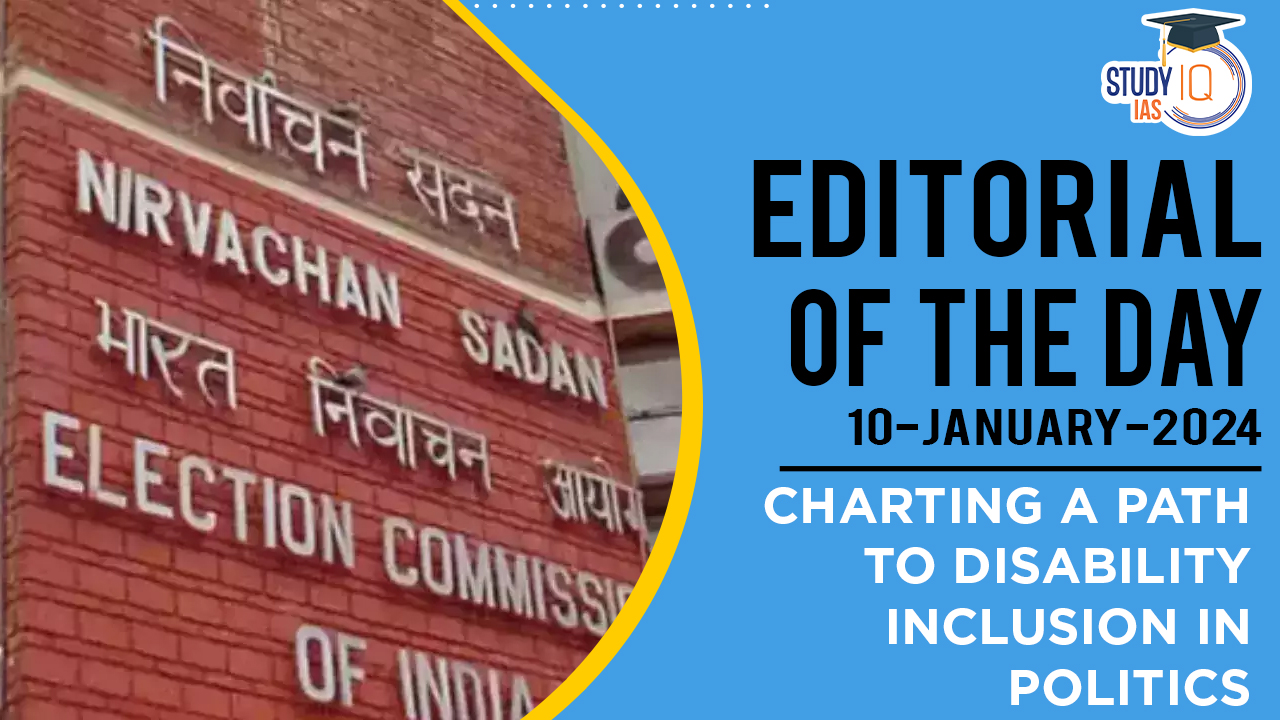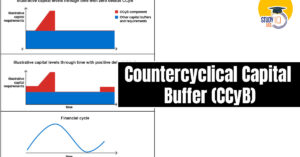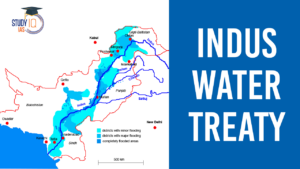Table of Contents
Context: The article covers the Election Commission of India’s newly issued guidelines that encourage political parties to adopt language sensitive to disabilities and to enhance inclusivity for persons with disabilities. It is a commendable step forward amid recent cases of national leaders using disability (in their election speeches) in a demeaning manner, dehumanising PwD and resulting in an “attitudinal barrier” under the Rights of PwD Act, 2016.
Guidelines For Inclusion Of Disabled
- Emphasising Disability-Friendly Language: The Election Commission of India’s guidelines call on political parties to refrain from using derogatory and demeaning language towards persons with disabilities (PwDs).
- This move seeks to eliminate language similar to the inappropriate comparison made by A Raja in September 2023.
- Accessibility of Political Information: The guidelines recommend that political parties make their digital platforms and websites accessible to PwDs and ensure that their events are held in locations accessible to everyone, including individuals with disabilities.
- Incorporating PwDs in Political Structures: The guidelines promote the active inclusion of PwDs at various levels in political parties, suggesting the development of disability-focused training for party members and integrating PwDs into diverse roles and activities within the parties.
- Benefits of These Guidelines:
- Promoting Political Inclusion: These guidelines foster the political inclusion of PwDs, in line with the United Nations Convention on the Rights of Persons with Disabilities.
- Advancing Inclusivity and Accessibility: By following these guidelines, political parties can enhance inclusivity and ensure greater accessibility for PwDs in the political domain.
We’re now on WhatsApp. Click to Join
Limitations of These Guidelines
- The guidelines are not binding, containing both mandatory terms like “should” and “shall” as well as discretionary language such as “may.”
- These guidelines are not officially part of the Model Code of Conduct for elections. It remains uncertain whether violations of specific guidelines will result in actions under section 92 of the RPwD Act, which penalises offences against PwDs.
- There is ambiguity surrounding the usage of terms like “blind,” “deaf,” and “dumb,” which may be technical but could be perceived as derogatory in certain languages.
Recommendations for Improvement
- Consistency in Approach: A uniform and consistent approach should be applied across all guidelines to enhance their effectiveness.
- Incorporate Political Inclusion: The draft National Policy for Persons with Disabilities should include a dedicated chapter on political inclusion to align with Article 29 of the UN Convention on the Rights of Persons with Disabilities, emphasising the political rights of PwDs.
- Data Collection on Legislators with Disabilities: The Election Commission is encouraged to collect disability-related information through nomination forms and affidavits during elections to address the lack of data on the number of legislators with disabilities.


 Countercyclical Capital Buffer (CCyB): P...
Countercyclical Capital Buffer (CCyB): P...
 STELLAR Model: A Game-Changer in Power S...
STELLAR Model: A Game-Changer in Power S...
 Indus Water Treaty 1960 Suspension Hurts...
Indus Water Treaty 1960 Suspension Hurts...





















